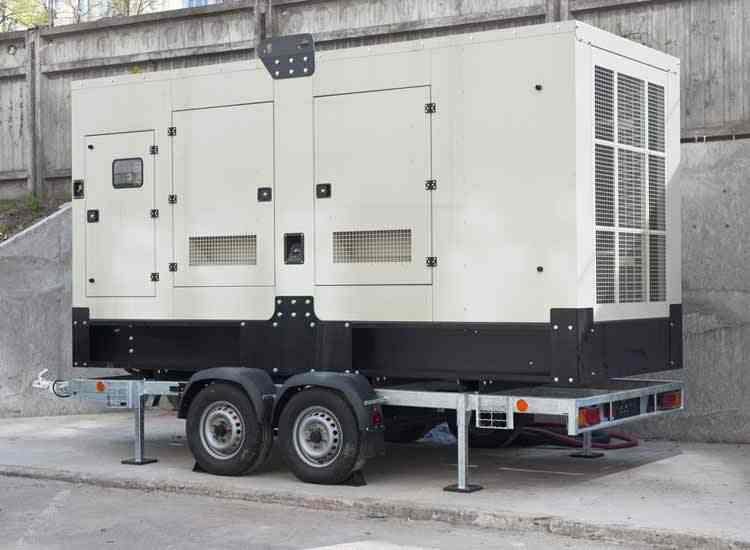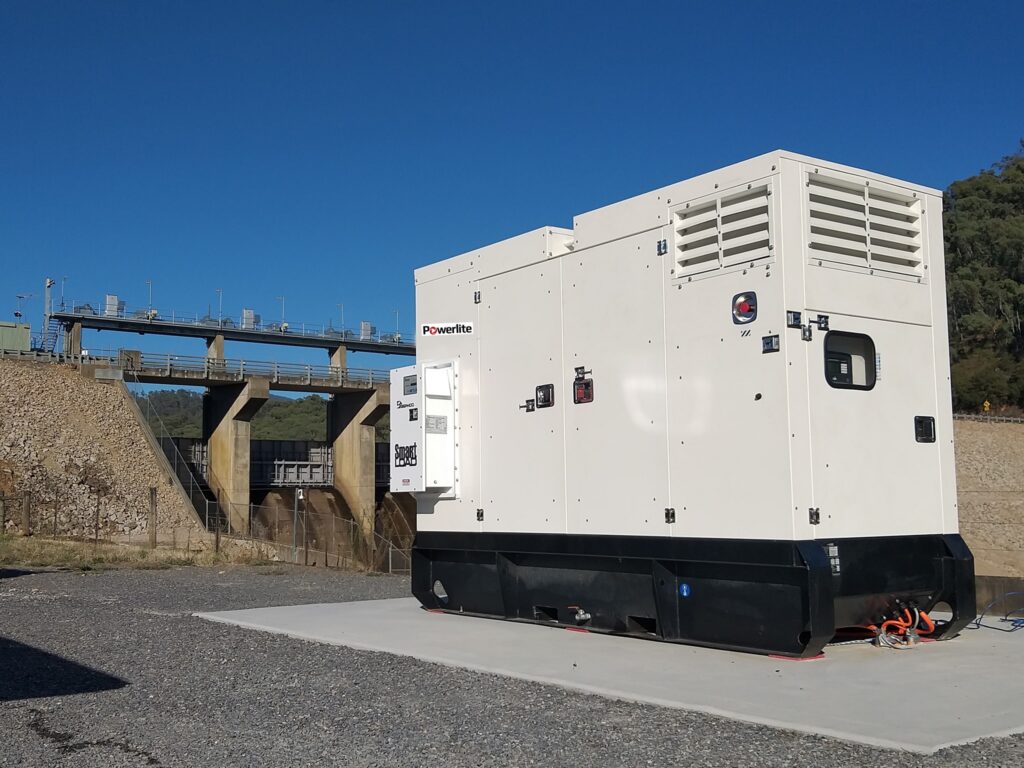
Generator Power: Unleashing the Potential of Reliable Energy
In a world increasingly dependent on electricity, the demand for reliable power sources has never been greater. Amid natural disasters, grid failures, or remote locations, a reliable backup power supply becomes a lifeline. Generator power has emerged as a robust solution, ensuring uninterrupted electricity and empowering industries, households, and communities alike. In this article, we will explore the vast potential and applications of generator power, shedding light on its various aspects and how it has revolutionized the energy sector.
Table of Contents
- Generator Power: Understanding the Core Concept
- Advantages of Generator Power
- The Evolution of Generator Power
- The Versatility of Generator Power Applications
- Generator Power and Environmental Impact
- FAQs
- Are generator power systems suitable for residential use?
- Can generator power be used in remote locations with no access to the power grid?
- Are there silent generators available for noise-sensitive applications?
- Can generator power be combined with solar energy for a more sustainable solution?
- What maintenance is required for generator power systems?
- Are generator power systems cost-effective for small businesses?
- Conclusion
Generator Power: Understanding the Core Concept
At its essence, generator power refers to the use of generators to produce electricity. Generators are machines that convert mechanical energy into electrical energy, harnessing various fuel sources or renewable energy to do so. This fundamental principle underpins the functionality of generator power and its applications in diverse scenarios.
Advantages of Generator Power
Generator power offers an array of advantages that have contributed to its widespread adoption and popularity. Here are some key benefits:
Reliable Backup during Outages: In times of power grid failures or natural calamities, generator power steps in as a reliable backup, ensuring continuous electricity supply.
Versatility in Fuel Sources: Generators can run on various fuel types, including diesel, natural gas, propane, and even renewable sources like solar and wind, providing flexibility in energy production.
Portability and Mobility: Portable generators empower outdoor enthusiasts, construction sites, and event organizers with the ability to access power in remote locations.
Efficient and Cost-Effective: Modern generator technologies are highly efficient, offering cost-effective solutions for meeting energy demands.
Reducing Downtime in Industries: Commercial and industrial sectors employ generator power to minimize downtime during power interruptions, preventing financial losses.
Supporting Sustainable Energy Transition: Hybrid generators and renewable energy-powered generators contribute to sustainable energy initiatives.
Emergency Response and Disaster Management: Generator power plays a critical role in emergency response vehicles and disaster management operations, providing essential electricity where it is needed most.
The Evolution of Generator Power
Generator power has a rich history of development and innovation, transforming the way we harness electricity. Let’s explore the key milestones that have shaped the evolution of generator power:
The invention of the First Electric Generator
In the early 1830s, the British scientist Michael Faraday made a groundbreaking discovery – the principle of electromagnetic induction. This pivotal revelation led to the invention of the first electric generator, laying the foundation for modern generator power.
Advancements in Electromagnetic Generators
Over the decades, advancements in electromagnetism and engineering led to the development of more efficient and powerful generators. These generators were instrumental in powering the first electricity grids, revolutionizing industries and urban living.
Emergence of Diesel and Gas Generators
In the early 20th century, the introduction of diesel and gas-powered generators brought about a significant shift in generator technology. These generators offered higher output capacities and became the go-to choice for various applications.
Integration of Renewable Energy
With the growing emphasis on sustainability, the integration of renewable energy sources like solar, wind, and hydro into generator systems marked a pivotal turning point in the energy landscape.
Smart and Hybrid Generators
In recent years, the advent of smart and hybrid generators has further refined the concept of generator power. These generators can optimize fuel consumption, switch between power sources, and integrate with smart grids for enhanced efficiency.
The Versatility of Generator Power Applications
Generator power finds applications across a broad spectrum of sectors, serving as a reliable energy source in diverse scenarios. Let’s explore some of its most prominent applications:
Industrial Sector
The industrial sector relies heavily on generator power to maintain uninterrupted operations, safeguard production processes, and prevent revenue losses during power outages.
Commercial Establishments
Commercial buildings, such as malls, hospitals, and data centers, deploy generators to ensure smooth operations and protect critical equipment from power disruptions.
Residential Backup
Many households invest in generators to have a backup power supply during power outages, ensuring comfort and security for families.
Construction Sites
Construction sites often lack access to a stable grid, making generators an indispensable power source for construction tools and temporary facilities.
Outdoor Events
Festivals, concerts, and outdoor events rely on portable generators to provide electricity in open spaces.
Telecommunication Infrastructure
Telecommunication towers and networks use generator power to ensure uninterrupted communication services, especially in remote locations.
Agriculture and Farming
Farmers utilize generators to power irrigation systems, machinery, and facilities, enhancing productivity and yield.
Emergency and Disaster Relief
In emergency and disaster relief operations, generator power becomes a lifeline for rescue efforts, medical facilities, and shelters.
Marine and Boating
Marine vessels and boats use generators for onboard electricity needs, from lighting to navigation equipment.
Recreational Vehicles (RVs)
RV owners rely on generators to power appliances and gadgets while traveling or camping off-grid.
Generator Power and Environmental Impact
While generator power offers invaluable benefits, it is crucial to address its environmental impact and seek sustainable solutions. Some key considerations include:
Emission Control: Implementing emission control technologies can significantly reduce greenhouse gas emissions from generator operations.
Renewable Integration: Increasing the integration of renewable energy into generator systems can offset carbon footprints and promote cleaner energy practices.
Efficient Fuel Use: Opting for high-efficiency generators and proper maintenance ensures minimal fuel consumption and reduced emissions.
Battery Storage Solutions: Combining generators with battery storage systems can optimize energy utilization and minimize waste.

FAQs
Are generator power systems suitable for residential use?
Yes, generator power systems are highly suitable for residential use. They act as a reliable backup during power outages, providing electricity for essential appliances and ensuring comfort and security for families.
Can generator power be used in remote locations with no access to the power grid?
Absolutely! One of the significant advantages of generator power is its portability and ability to function in remote locations. It is a lifeline for industries, events, and communities where grid access is limited.
Are there silent generators available for noise-sensitive applications?
Yes, many manufacturers offer silent or low-noise generators, making them ideal for noise-sensitive applications like hospitals, residential areas, and outdoor events.
Can generator power be combined with solar energy for a more sustainable solution?
Yes, hybrid generators that combine traditional fuel sources with renewable energy, such as solar, are gaining popularity as a sustainable and eco-friendly solution.
What maintenance is required for generator power systems?
Regular maintenance is essential to keep generator power systems in optimal condition. This includes periodic servicing, fuel quality checks, and battery inspections.
Are generator power systems cost-effective for small businesses?
Generator power systems can be cost-effective for small businesses, especially when considering potential revenue losses during power outages.
Conclusion
Generator power has emerged as a transformative force in the energy landscape, providing reliable electricity in various sectors and scenarios. Its evolution from the invention of the first electric generator to the integration of renewable energy showcases its potential to adapt to changing needs. From industrial applications to residential backup, generator power has a far-reaching impact on our lives. By addressing environmental concerns and embracing sustainable practices, generator power can continue to be a valuable ally in our pursuit of reliable and efficient energy solutions.




